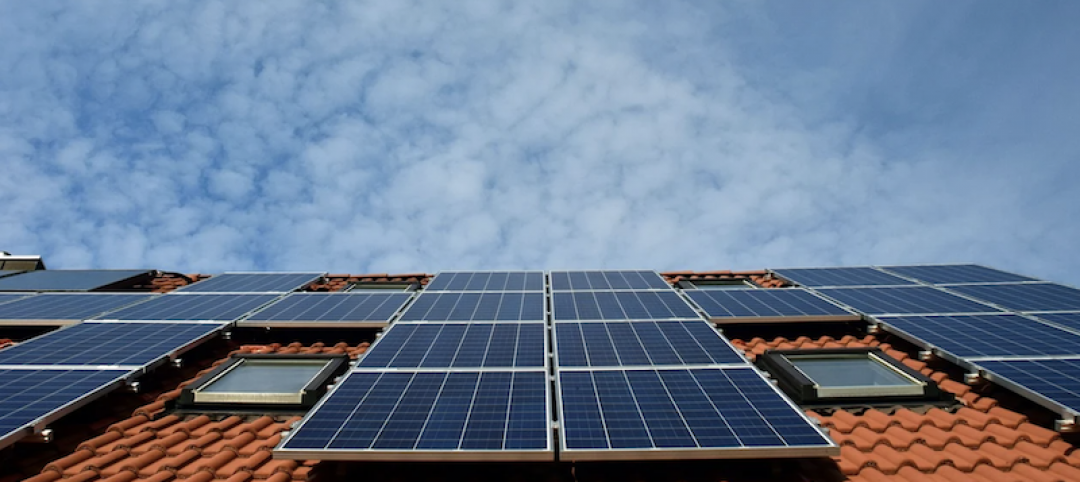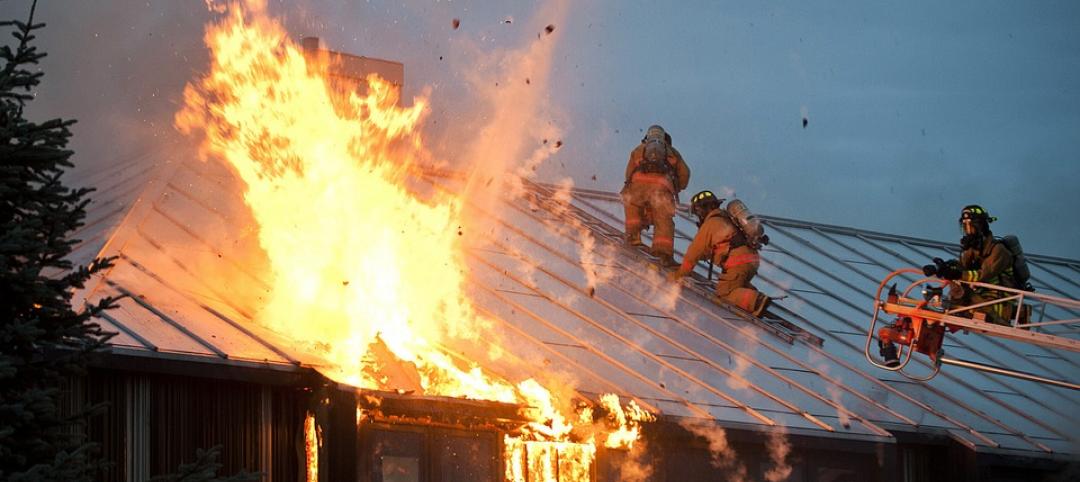If development in cities became denser, that would do more to reduce emissions from buildings than wide-scale building energy retrofits, according to a study published in Proceedings of the National Academy of Sciences.
Researchers projected emissions attributed to buildings under multiple potential urban densities through 2050. They found that denser development patterns lead to lower emissions because in dense urban areas people tend to live and work in smaller units and therefore use less energy. In addition, attached buildings require less energy for heating and cooling.
That means that greater density has the potential to substantially reduce building emissions, more so than other efforts to improve energy efficiency such as better insulation and weather stripping.
Related Stories
Codes and Standards | Jul 30, 2019
Solar brokerage will provide financing for small/medium businesses
First to fund solar for smaller-scale commercial operations.
Codes and Standards | Jul 29, 2019
ASCE group unveils structural safety database
Confidential reporting on structural failures, near misses, and other incidents.
Codes and Standards | Jul 26, 2019
Floating landscape infrastructure wins top ASCE innovation prize
Climate resiliency a key theme of entrants.
Codes and Standards | Jul 24, 2019
New York making slow progress on resiliency seven years after Hurricane Sandy
Property owners face many challenges; coastal defense project plans are complex and need more time to plan.
Codes and Standards | Jul 23, 2019
Berkeley, Calif. passes nation’s first ordinance to make new buildings all-electric
No gas hook-ups will be allowed in new houses, apartments, and commercial buildings.
Codes and Standards | Jul 22, 2019
San Francisco office building is city’s first structure certified by BREEAM USA for existing buildings
The Landmark @ One Market is one of San Francisco’s most architecturally distinctive buildings.
Codes and Standards | Jul 16, 2019
ASCE seeks comments on update to Calculation Methods for Structural Fire Protection standard
Pertains to fire resistance rating times.
Codes and Standards | Jul 15, 2019
USGBC calls for proposals for feedback, concepts for next LEED version
The move follows successful public input on LEED 4.1.
AEC Tech | Jul 15, 2019
Lack of standards hampers development of exoskeleton industry
Guidelines, common terminology, and testing methodology are needed, says expert.
Concrete | Jul 8, 2019
Concrete repair code requirements released
American Concrete Institute offers guidance on assessment, repair, rehab of existing concrete structures.

















